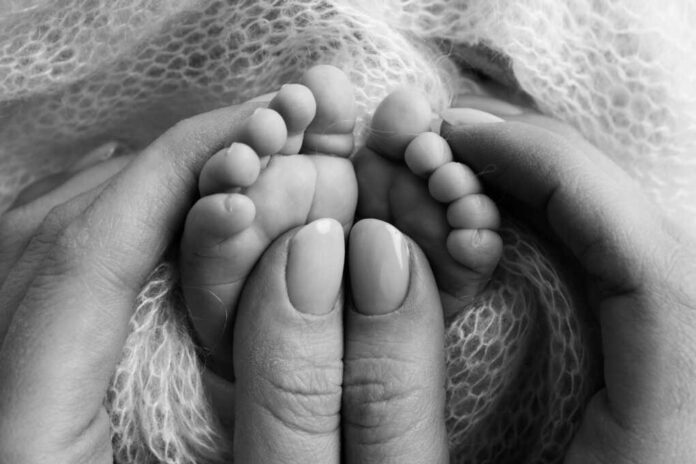
Motherhood reveals itself as life’s most challenging yet rewarding journey, with 87% of mothers describing it as both their hardest and most fulfilling experience.
At a Glance
- There is no perfect formula for motherhood – each journey is uniquely personal
- Many mothers experience mental health challenges including depression, anxiety, and guilt
- Self-care and accepting help are crucial components of successful parenting
- Trusting your instincts while remaining flexible with your parenting plans is essential
- Maintaining personal identity beyond motherhood contributes to long-term well-being
The Reality Behind the Glow
The idealized version of motherhood often portrayed in media rarely matches reality. Pregnancy itself can be uncomfortable throughout all trimesters, with many women never experiencing the fabled “pregnancy glow.” Post-birth challenges can be even more surprising, especially for first-time mothers who may have envisioned a smoother transition into their new role. Physical recovery, breastfeeding difficulties, and sleep deprivation combine to create a perfect storm that tests even the most prepared parents.
Many mothers are caught off guard by the intensity of their emotional responses. The hormonal fluctuations, coupled with the enormous responsibility of caring for a new life, can trigger feelings that range from overwhelming love to paralyzing anxiety. Understanding that these conflicting emotions are normal parts of the motherhood journey can help women navigate this challenging period with greater self-compassion.
Permission to Be Imperfect
One of the most liberating realizations for new mothers is that perfection is not only unattainable but unnecessary. Children need present, loving parents who are willing to learn and grow alongside them—not flawless caregivers who never make mistakes. This understanding can release mothers from the crushing weight of impossible expectations and allow them to embrace the messy, beautiful reality of raising children.
Making peace with imperfection extends to parenting plans as well. While preparation is valuable, flexibility is essential. Many mothers discover that their carefully crafted birth plans, feeding intentions, or parenting philosophies need adjustment when faced with their unique child and circumstances. Changing course doesn’t represent failure—it demonstrates adaptability and responsiveness to your child’s specific needs.
— Richard Cooper (@Rich_Cooper) January 27, 2025
The Hidden Mental Health Challenges
The emotional landscape of motherhood can be far more complex than anticipated. Beyond the expected fatigue and adjustment period, many women encounter serious mental health challenges that they weren’t prepared to face. Depression, anxiety, identity loss, and overwhelming guilt can emerge or intensify during the transition to motherhood, catching many women by surprise with their severity.
Working through personal traumas becomes especially important when becoming a parent. Unresolved issues have a way of surfacing during the stress of child-rearing, potentially affecting both the parent’s wellbeing and their relationship with their child. Seeking support through therapy or counseling isn’t a sign of weakness but rather a powerful investment in the entire family’s health and future relationships.
Building Your Village
The old adage that “it takes a village to raise a child” contains profound wisdom that many modern mothers rediscover through experience. Accepting help doesn’t diminish a mother’s capability or devotion—it acknowledges the reality that parenting was never meant to be a solitary endeavor. Creating a support network of family, friends, or community resources can provide crucial practical assistance and emotional reinforcement during challenging times.
Vulnerability plays a vital role in connecting with other mothers. Sharing honest experiences—both struggles and triumphs—creates space for authentic relationships that sustain women through the parenting journey. These connections remind mothers they aren’t alone in their challenges and provide opportunities to learn from others who have navigated similar territory. The courage to admit imperfection often leads to the most meaningful support.
Preserving Identity Beyond Motherhood
While motherhood becomes a central part of a woman’s identity, maintaining connections to pre-motherhood interests, relationships, and goals serves as an anchor during challenging times. Women who nurture aspects of themselves beyond their parenting role often report greater satisfaction and resilience. This balance becomes especially important as children grow and eventually establish independent lives, helping mothers navigate transitions with a stronger sense of self.
Self-care represents an essential component of effective parenting, not a selfish indulgence. Making time for physical health, mental well-being, and personal interests enables mothers to parent from a place of greater patience and presence. The oxygen mask metaphor applies perfectly—mothers must attend to their own needs to have the resources necessary for the demanding work of raising children.


















